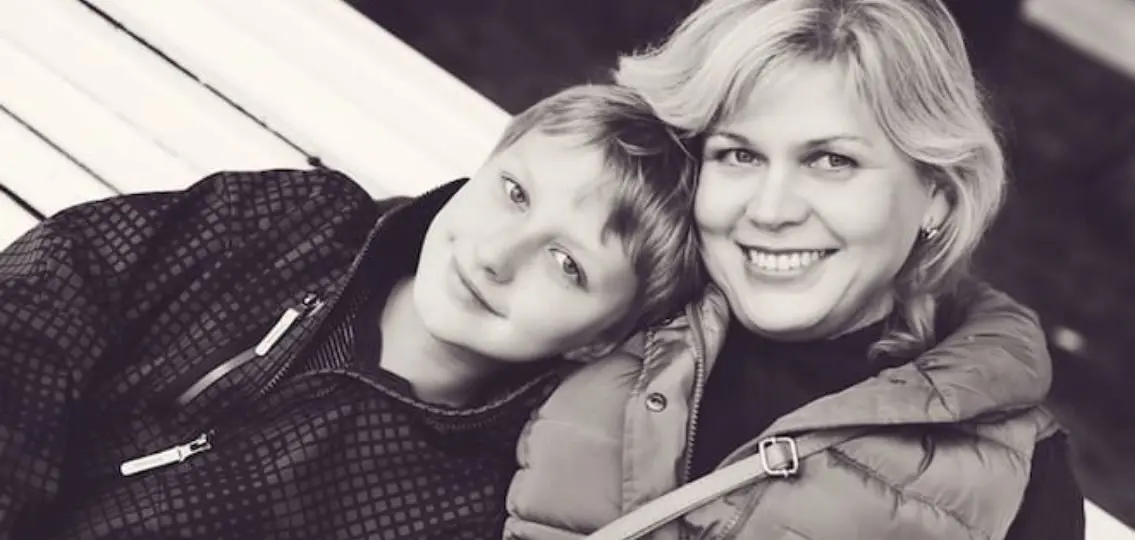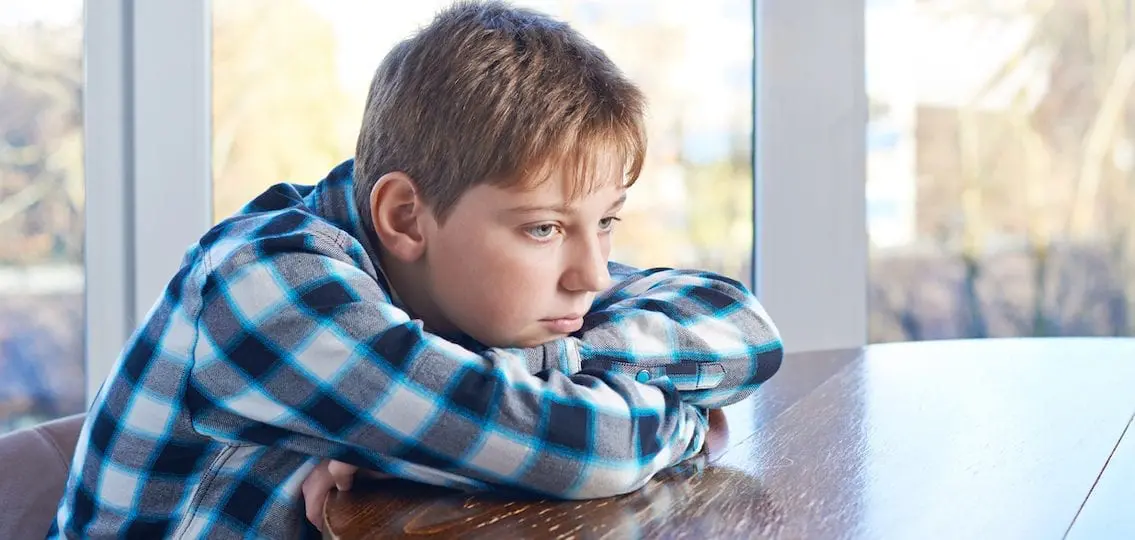My son stopped talking to me a few weeks after starting sixth grade. This sudden transition happened over night and no, this isn’t the voice of a dramatic mother exaggerating her hurt feelings.

A Seemingly Good Start
The first few days of middle school were fun and exciting for him and I didn’t notice a change right away. He came home and talked for an hour about his new friends and how they were all able to select their own groups for a history project.
He repeated jokes his new friends told him and asked if they could spend the night for his birthday. “Can we get pizza?” He asked. “They love pizza and I love pizza, and we should get a lot of pizza.”
I admit I was only half-listening to him then. He was an enthusiastic boy who talked at me all the time, and I had two other kids on his heels to tend to as well.
But Then . . .
But one afternoon in early October, his face was different when he climbed into the car during school pickup.
His arms were crossed. Instead of talking to me about his day and the funny shenanigans that happened during motor break, he only grunted when I asked what was new and how his day was.
I pressed, he became more annoyed, and I chalked it up to my son being in a bad mood. I swung into his favorite ice cream place to get him a cone. He didn’t budge. I mean, he ate his ice cream and all, but his mood never wavered.
The next morning my son was still stoically silent. In the weeks that followed, while hair sprouted on his upper lip, it was apparent my little, jovial boy had been replaced by an entirely different person. And man, did I miss the chatter I used to only half-listen to.
His entire sixth grade year was tough.
He didn’t have huge problems in school or anything like that. But my son—my guy who always seemed so sure of who he was—seemed lost. I don’t care what kind of parent you are, when you child seems lost, so are you. All you want to do is fix it for them.
When I went through the same transition with my daughter two years later, I began to realize you can’t fix the middle school experience for your kids.
She’d always been on the quiet side, and I was hoping for a less dramatic change from her. But the friendship challenges were so hard for her that there were many nights where she’d just cry, unable to express her feelings.
I could tell by the way she was dressing that she was aware of her body, and how she looked, in a way she never was before. In elementary school, she had a very big style. She never cared if the other girls liked what she was wearing. She was an individual and I could see that side of her being snuffed out bit by bit as the middle school days pressed on.
I just went through this experience for a third time with my youngest son, the outgoing, happy go lucky, comedian of the family. “It won’t happen to my Jack,” I thought over and over. He’s my love bug, my sweet little guy who isn’t embarrassed to hold my hand or hug me in public. I just knew his experience would be better.
Oh boy, was I wrong.
Not only did he develop the fastest back-talk reflex I’ve ever heard, he started questioning and challenging his teachers. He seemed angry. He’d withdraw, and wanted to spend time in his room. He had no interest in his beloved ant collection or experiments he used to spend hours getting lost in.
No Matter the Kid, the Transition is Hard
As a mom who has been through the middle school transition three times, I know firsthand how hard it is. It’s been hard for every parent and every student I’ve known. Mixing a new school, new friends, and a new routine with puberty and the expectation of more responsibility makes for a child who doesn’t know which way is up a lot of the time.
The middle school years made me miss my children’s younger years.
To say I grieved would be an understatement.
I grieved hard, three times in a row, and it felt like as soon as I got used to one child morphing into a different person, the next one in line challenged me.
I’ve learned a few things during my kids’ challenging middle school years. Their struggles are very real and they need support, understanding, and a bit of space. They also still need solid routines and rules. They are feeling different pressures, and learning to be independent. But that doesn’t mean they don’t need their parents—no matter how they treat us.

The best thing I did for myself was find other parents who were going through the same transition my children were going through. The middle school changes might be inevitable, but none of us—child or parent—has to experience it alone.




